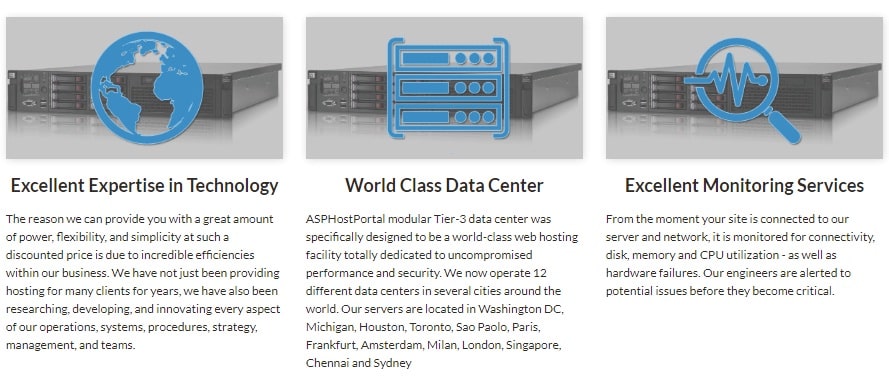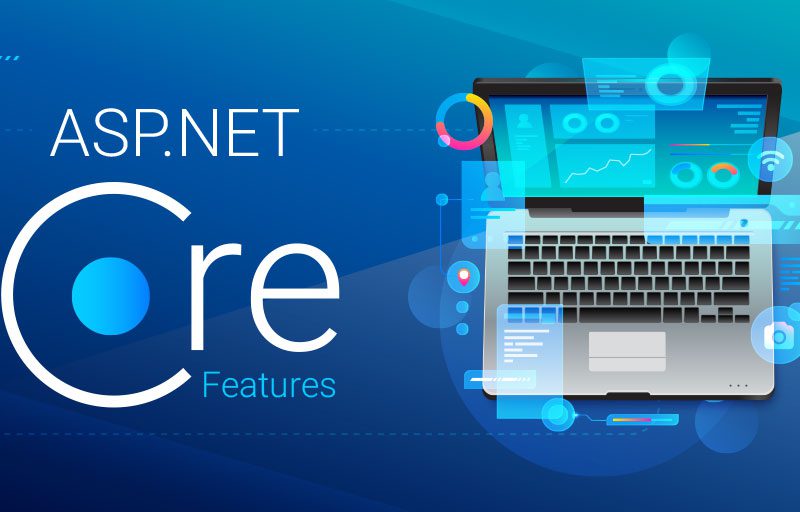Choosing a programming framework is a significant decision that impacts your project’s scalability, performance, maintainability, and developer productivity. ASP.NET Core and Java are two popular choices, each with its strengths and application areas. ASP.NET Core, a Microsoft framework, is widely recognized for its speed, cross-platform capabilities, and integration with Microsoft’s ecosystem. Java, known for its “write once, run anywhere” philosophy, has a broad reach in enterprise applications, Android development, and academic institutions.
In this article, we’ll dive into a detailed comparison of ASP.NET Core and Java, exploring areas like performance, scalability, ease of development, community support, and ecosystem compatibility.
Overview of ASP.NET Core and Java
ASP.NET Core is an open-source, cross-platform framework developed by Microsoft. Designed to build modern web applications, it is known for high performance, flexibility, and integration with cloud-based solutions. ASP.NET Core works on Windows, macOS, and Linux, providing flexibility across platforms.
Java is a general-purpose, object-oriented programming language that’s renowned for its platform independence due to the Java Virtual Machine (JVM). This capability makes Java applications highly portable across operating systems, and it’s favored in enterprise solutions, Android development, and academia. Java frameworks like Spring Boot enable developers to create scalable and maintainable web applications.

Performance Comparison: ASP.NET Core vs Java
ASP.NET Core has been optimized for high performance. It uses the Kestrel web server, designed to be lightweight and extremely fast. Benchmarks have shown that ASP.NET Core can outperform traditional .NET applications and other frameworks in terms of response times and throughput, largely due to its asynchronous capabilities and efficient memory management.
Java, especially when used with frameworks like Spring Boot, offers solid performance, especially in enterprise settings. The JVM provides an efficient runtime environment with features like Just-In-Time (JIT) compilation, which optimizes code execution over time. Java’s performance is reliable, although not always as fast as ASP.NET Core in raw benchmarks.
Verdict: ASP.NET Core generally edges out Java in raw performance for web applications, particularly for high-load applications. However, Java’s performance is more than adequate for most enterprise applications.
Scalability and Application Types: ASP.NET Core vs Java
Designed with modern, scalable web applications in mind, ASP.NET Core supports asynchronous programming and microservices architecture, making it suitable for highly scalable applications. Its close integration with cloud providers simplifies deployment and scaling.
Java’s scalability is well-established, especially in large, distributed systems. It’s often preferred in financial institutions and large-scale enterprise solutions. Java’s compatibility with cloud-native development frameworks, like Spring Boot, makes it equally capable of handling microservices and distributed architectures.
Verdict: Both ASP.NET Core and Java are highly scalable, although Java has a longer history in massive enterprise applications. ASP.NET Core, however, offers smoother integration with cloud, which can be a deciding factor for some.

Ease of Development and Productivity: ASP.NET Core vs Java
With Visual Studio and Visual Studio Code, ASP.NET Core offers a robust development environment. C# has a reputation for readability and efficiency, and Microsoft’s rich library ecosystem reduces the need for boilerplate code, accelerating development time. ASP.NET Core’s Razor syntax is also developer-friendly, especially for those with C# experience.
Java is widely taught and has a straightforward syntax, but it can sometimes feel verbose. Frameworks like Spring and Spring Boot help streamline development but require more initial setup compared to ASP.NET Core. Java IDEs like IntelliJ IDEA, Eclipse, and NetBeans provide excellent developer experiences but can be more complex to configure.
Verdict: ASP.NET Core has an edge in productivity due to its less verbose syntax and tooling, especially for teams using Microsoft’s suite of development tools.
Community Support: ASP.NET Core vs Java
ASP.NET Core has a growing open-source community, thanks to its cross-platform capabilities. It has extensive support from Microsoft and a dedicated user base. The NuGet package manager and integration with GitHub and Azure DevOps add to the ecosystem’s richness.
With a massive, global community, Java has extensive support across a variety of industries and applications. Java’s libraries and frameworks are mature, and repositories like Maven Central provide developers with an immense array of tools and resources. The Java ecosystem also includes frameworks for every aspect of development, from web (Spring) to mobile (Android) and big data (Hadoop).
Verdict: Java has a larger ecosystem and community due to its long history and widespread adoption. ASP.NET Core, however, is growing quickly and has excellent integration with Microsoft’s other developer tools and platforms.
Cost: ASP.NET Core vs Java
ASP.NET Core is open-source and free, including the development tools like Visual Studio Code. However, for full access to Visual Studio’s advanced features, a subscription may be required. Hosting your site with ASPHostPortal will minimize your cost and we offer many plans that you can choose start from shared hosting, cloud hosting, reseller hosting, VPS, and also dedicated server.

Java is also open-source and has no licensing fees. Popular frameworks like Spring are also free. However, there are enterprise versions of Java (Oracle JDK) that require licensing fees, although alternatives like OpenJDK provide free options.
Verdict: Both options are open-source with free development frameworks, but ASP.NET Core might incur additional costs if you require advanced Visual Studio tools.
Security: ASP.NET Core vs Java
ASP.NET Core has robust security features, including built-in identity management, role-based access, and data protection APIs. Microsoft provides regular security updates, and ASP.NET Core’s integration with ASPHostPortal allows developers to easily implement additional security features like DDoS protection and firewall management.
Java frameworks, such as Spring Security, offer powerful security features, including OAuth, LDAP, and two-factor authentication. Java’s platform independence means that its security practices are not tied to any specific OS, which is an advantage in certain environments. The JVM also has a strong security model, especially for enterprise use.
Verdict: Both ASP.NET Core and Java offer robust security features. If you host your website with ASPHostPortal, you don’t need to worry about security on your website. We will help to maintain your website at highest level.
Use Cases and Recommendations
ASP.NET Core:
- Ideal for developers comfortable with the Microsoft ecosystem.
- A great choice for high-performance web applications, microservices, and businesses with C# developers.
Java:
- Excellent for enterprise applications that require extensive scalability, cross-platform compatibility, and integration with legacy systems.
- A strong choice for Android development and organizations that favor open-source environments.
Conclusion
ASP.NET Core and Java each offer powerful frameworks with extensive capabilities, but the right choice depends on your project’s specific needs:
- Choose ASP.NET Core if you’re focused on high-performance web applications, prefer Microsoft’s tools.
- Choose Java if you need maximum portability, work with large enterprise applications, or need extensive cross-platform support.
Both frameworks are robust, but ultimately, it’s the ecosystem, developer experience, and compatibility with existing systems that will guide your choice.
ASPHostPortal provides developers with a reliable, optimized environment tailored for high-performance ASP.NET applications. ASPHostPortal’s infrastructure supports fast loading times, scalability, and enhanced security, ideal for ASP.NET hosting. With robust customer support and affordable plans, it ensures that developers can focus on building seamless applications without worrying about hosting challenges. For ASP.NET developers seeking stability, speed, and value, trust your website with us!

Yury Sobolev is Full Stack Software Developer by passion and profession working on Microsoft ASP.NET Core. Also he has hands-on experience on working with Angular, Backbone, React, ASP.NET Core Web API, Restful Web Services, WCF, SQL Server.



